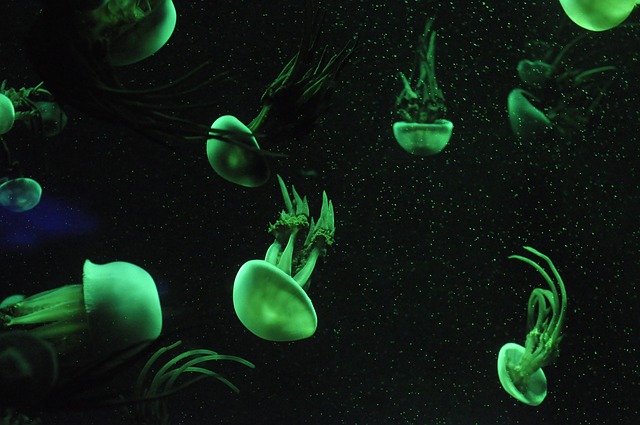In recent years, the conversation around deforestation has taken an urgent turn, highlighting its myriad effects not only on terrestrial ecosystems but also on our oceans and the precious marine life they harbor. The damage inflicted upon marine life due to deforestation is a pressing environmental concern that intertwines with the broader narrative of climate change.
Forests play a pivotal role in regulating the Earth’s climate. They act as carbon sinks, absorbing CO2 from the atmosphere and helping to offset greenhouse gas emissions. When trees are cut down, not only is this important carbon storage eliminated, but the resultant loss of biodiversity creates ripples that extend far beyond forested areas. Deforestation disrupts rainfall patterns, which are crucial for maintaining the health of marine ecosystems. Alterations in precipitation lead to increased runoff and sedimentation in rivers and oceans, resulting in deteriorating conditions for fragile marine habitats such as coral reefs and seagrass beds.
The damage to marine life as a consequence of these environmental shifts is alarming. Coral reefs, often referred to as the rainforests of the sea,” are particularly susceptible to changes in water quality and temperature. Increased sedimentation smothers corals, while warmer waters due to climate change lead to bleaching events that can decimate entire reef systems. Marine creatures that rely on these habitats for survival, from fish to sea turtles, face declining populations and disrupted reproductive cycles. As we witness the gradual loss of these pivotal ecosystems, we must consider the long-term impacts on not just marine biodiversity, but also on the communities that depend on healthy oceans for their livelihood.
The link between deforestation and marine life damage is further exacerbated by the increase in nutrient runoff from agricultural lands. Fertilizers washed into rivers can create dead zones in coastal waters, drastically altering the delicate balance of marine ecosystems. Fish populations collapse, and with them, the livelihoods of communities that depend on fishing industries. This is a stark reminder that the health of our forests is inextricably linked to the vitality of our oceans.
As we explore these interconnected challenges, it is essential to advocate for sustainable forestry practices and conservation efforts that aim to protect both terrestrial and marine environments. Reforesting areas and restoring degraded habitats can help buffer the impacts of climate change and mitigate marine life damage. Creating marine reserves and implementing effective fisheries management are also critical steps toward preserving the intricate web of life within our oceans.
In recognizing the profound impact of marine life damage driven by deforestation, we must engage in a collective effort to safeguard our environment. By appreciating the delicate balance between land and sea, we not only protect our planet’s biodiversity but also work towards a sustainable future for generations to come. This is more than just an environmental issue; it’s a critical component of ensuring the survival of both humanity and the natural world we cherish.




